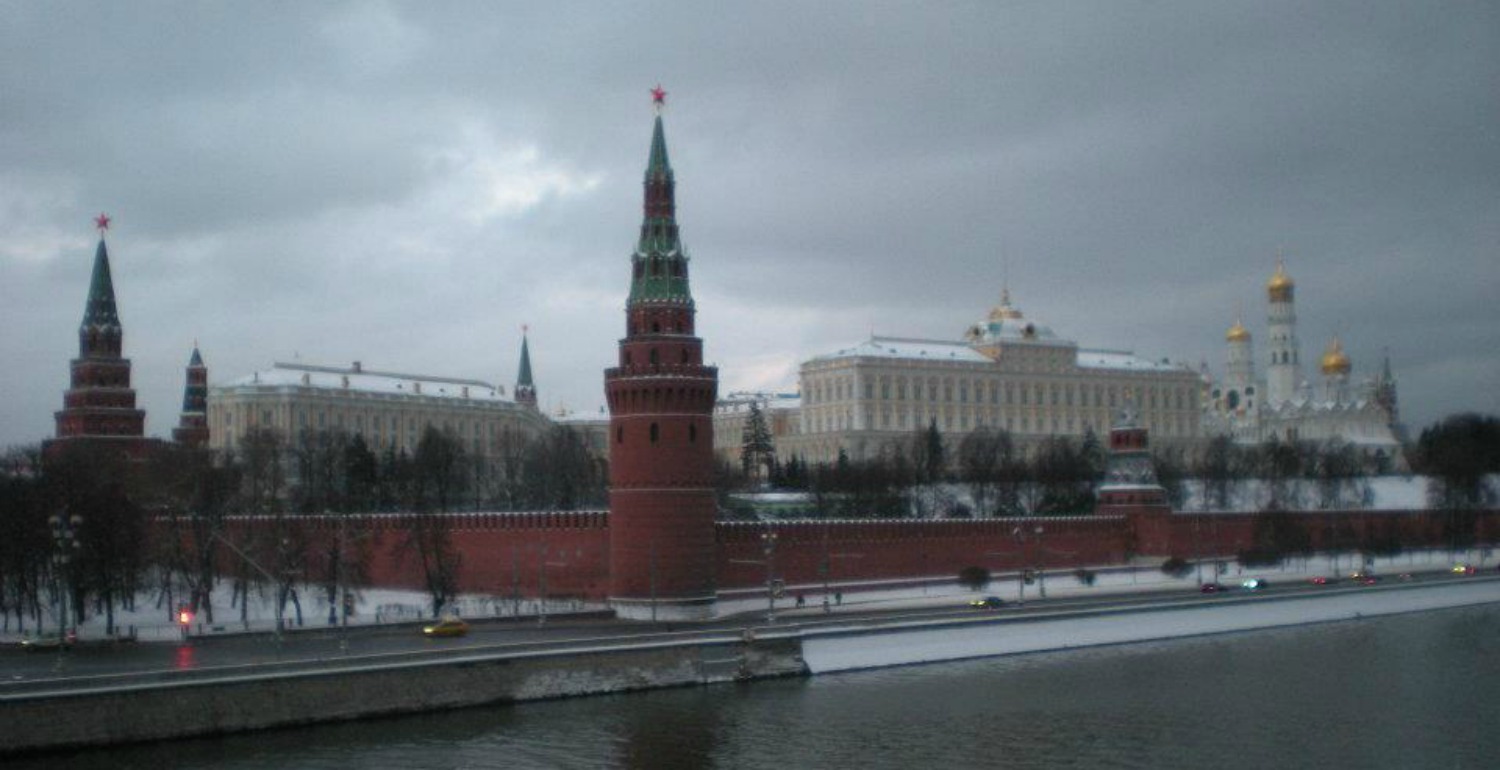This hearing examined the future of U.S-Russia bi-lateral relations with Medvedev’s administration. The hearing focused on the hopes of improved relations between the two countries in respect for the new Russian president’s attention for rule of law and human rights. However, witnesses discussed how President Medvedev may not be able to function independantly, given that the former President, Vladimir Putin, will be the Prime Minister. The witnesses and the Commissioners discussed the political situation in Moscow and how the U.S. should respond within the OSCE framework.
Members
Witnesses
Visiting Associate Professor
Center for Eurasian, Russian and East European Studies, Georgetown University
MacArthur Professor of National Security Affairs
Strategic Studies Institute, U.S. Army War College
Relevant Issues
Relevant Countries
Leadership

Helsinki Commission Advances Human Rights, Demands f...
Oct 19, 2023By Shannon Simrell, Senior Policy Advisor Between October 2-13, 11 Helsinki Commission staff joined approximately 1,400 representatives of OSCE participating States (pS) and civil society representatives in Warsaw, Poland in […]

United States Demonstrates Global Leadership on Ukra...
Jul 14, 2023The Helsinki Commission’s four senior leaders helmed the United States’ bicameral, bipartisan delegation to the 30th Annual Session of the OSCE Parliamentary Assembly last week in Vancouver, Canada. Co-Chairman Senator […]

Supporting A Democratic and Secure Moldova
Jul 12, 2023In recent years, Moldova has made notable steps to improve its democratic institutions and combat corruption. President Maia Sandu and her Party of Action and Solidarity (PAS) have spearheaded wide-ranging […]
Helsinki Commission Chair and Co-Chair Lead Delegati...
Jul 10, 2023WASHINGTON—Helsinki Commission Co-Chair Senator Ben Cardin (MD) and Helsinki Commission Chair Representative Joe Wilson (SC-02) led a bipartisan Congressional delegation to the 30th Annual Session of the OSCE Parliamentary Assembly (OSCE […]
Hearing: Supporting a Democratic and Secure Moldova
Jul 06, 2023Wednesday, July 12, 2023 2:00 pm Cannon House Office Building, Room 210 Live stream: https://www.youtube.com/watch?v=jm-R6rfQbCo In recent years, Moldova has enacted numerous reforms under current Moldovan President Maia Sandu to […]

North Macedonia’s Leadership of the OSCE in a ...
Feb 28, 2023North Macedonia has taken up leadership of the world’s largest regional security organization—the Organization for Security and Cooperation in Europe (OSCE)—a year into Putin’s brutal invasion of Ukraine. Much of […]
HEARING: NORTH MACEDONIA’S LEADERSHIP OF THE OSCE IN...
Feb 24, 2023Tuesday, February 28, 2023 1:00 p.m. to 2:00 p.m. Streaming: https://www.youtube.com/watch?v=xNgAOyC9f5g North Macedonia has taken up leadership of the world’s largest regional security organization—the Organization for Security and Cooperation in Europe […]
U.S. Delegation to the OSCE PA presents Joint Statem...
Feb 24, 2023WASHINGTON— Today, the U.S. Delegation to the Parliamentary Assembly of the Organization on Security and Cooperation in Europe (OSCE PA) endorsed the “Joint Statement of Action on the One-Year Anniversary of […]
Steadfast Support for Ukraine: United States Delegat...
Feb 23, 2023WASHINGTON – Today, the United States Delegation to the Parliamentary Assembly of the Organization for Security and Cooperation in Europe (OSCE PA), led by Senator Ben Cardin (MD), met with […]
Helsinki Commissioners Urge Austria to Deny Visas to...
Feb 15, 2023WASHINGTON – Helsinki Commission leadership, Chairman Rep. Joe Wilson, Co-Chairman Sen. Ben Cardin, and Rep. Steve Cohen, on February 10, sent a letter to Austrian Minister of Foreign Affairs Alexander […]

OSCE’s 2022 Ministerial Council in Lodz: Russia Isol...
Dec 09, 2022By Janice Helwig, Senior Policy Advisor, Demitra Pappas, Senior Advisor Department of State, Shannon Simrell, Representative of the Helsinki Commission to the U.S. Mission to OSCE Foreign Ministers and senior […]
Helsinki Commission Announces Hearing on Crowdsourci...
Dec 07, 2022WATCH LIVE […]


